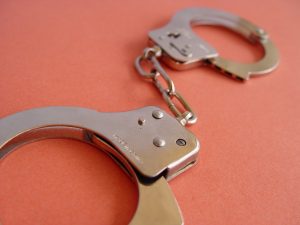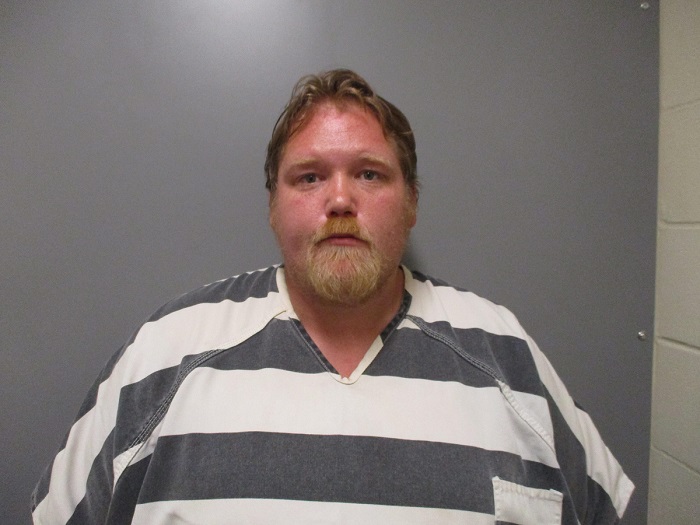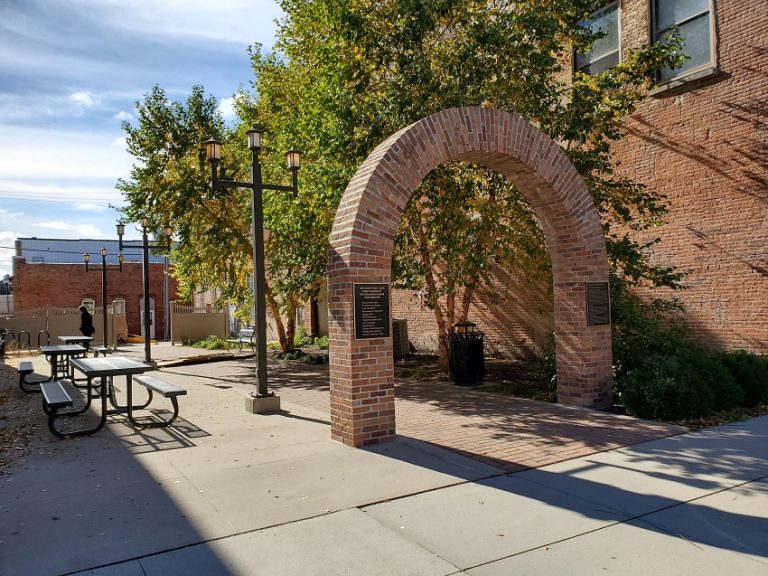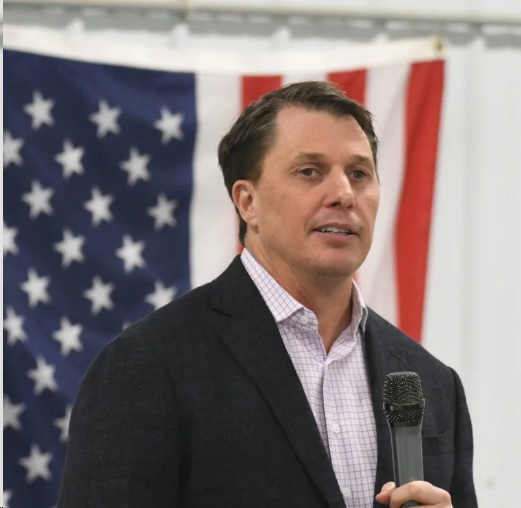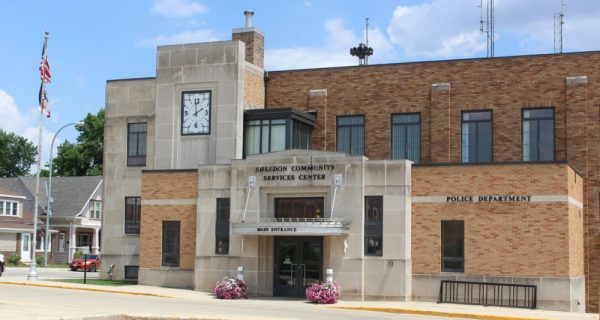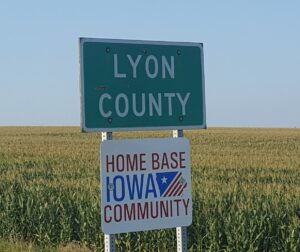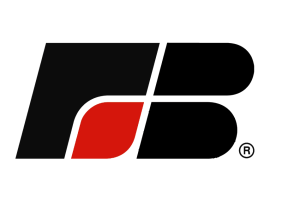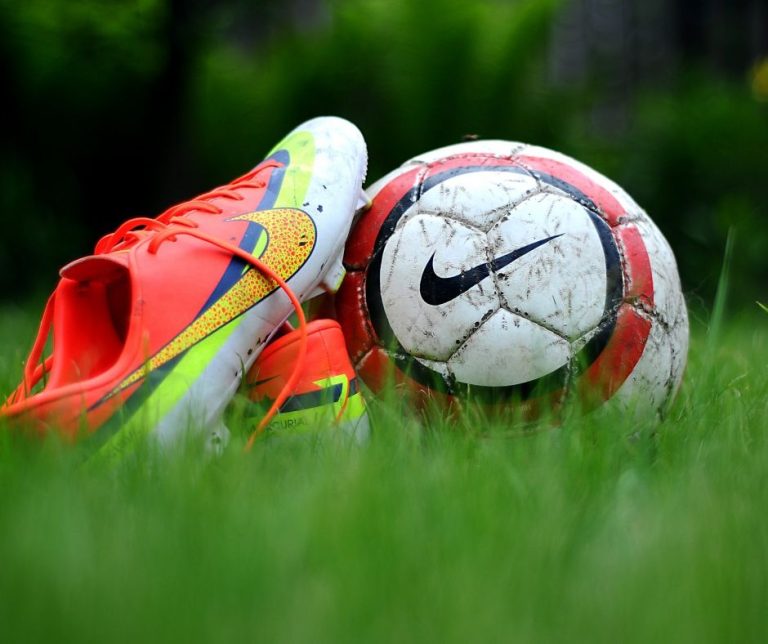Des Moines, Iowa — Key legislators say the financial toll of the pandemic on Iowa isn’t fully known and it’s best to be prudent when it comes to any state tax changes.
Republican Representative Lee Hein of Monticello is the chairman of the House Ways and Means Committee.
(As above) “I guess I’m kind of in the ‘wait and see mode’ to see what the governor comes with, with her Invest in Iowa,” Hein says, “if she’s going to move that forward or a variation of that.”
Last February, Governor Kim Reynolds unveiled a plan to cut state income taxes by 10 percent and raise the sales tax to find more money for mental health programs and water quality initiatives. Republican Senator Dan Dawson of Council Bluffs, the new chairman of the Senate Ways and Means Committee, agrees that legislators are waiting for a signal from Reynolds.
(As above) “probably the biggest marker out there would be the governor’s Invest in Iowa Act,” Dawson says. “…Same questions to grapple with that we grappled with last year on how to achieve some of those goals within that plan and yet still maintaining a competitive sales tax rate.”
Iowa’s current sales tax is six percent, but Dawson notes many Iowa jurisdictions collect a one percent local option sales tax, too.
(As above) “You go across the river and in Omaha, it’s a 7.5% sales tax, so raising it an additional penny has always been a concern for western Iowa because it would take our sales tax up to 8% for some of our communities,” Dawson says, “and you go across the river and it’s much lower, we lose that competitive advantage.”
Representative Hein also notes that some of the tax cuts that passed the Republican-led legislature in 2018 are just about to take effect.
(As above) “We might need to just sit back and analyze,” Hein says, “because of COVID and what has happened the last six months.”
Senator Pam Jochum of Dubuque is the top Democrat on the Senate Ways and Means Committee. She says the State of Iowa’s financial situation appears stable due to an infusion of federal money for the pandemic, federal disaster aid for the derecho and a significant increase in direct federal payments to farmers.
(As above) “All of those things combined have helped to prop up Iowa’s financial picture. I’m grateful for that,” Jochum says. “…Quite frankly the businesses and the families that have been hit hardest by COVID still have not recovered, and are not, and I think we’re going to be spending a lot of time this session dealing with the impact of COVID on Iowa’s families and small businesses.”
The State of Iowa received more than one-point-two BILLION dollars and businesses in Iowa received five BILLION dollars in “paycheck protection program” loans from the federal government last spring.
Representative Dave Jacoby of Coralville is the top Democrat on the Ways and Means Committee in the Iowa House. He’s worried about what will happen once that pipeline of federal pandemic relief shuts down.
(As above) “Our economy is tremendously buoyed by government money,” Jacoby says. “The hesitation we have is what recovery is going to look like.”
Senator Dawson says the speed at which COVID vaccinations are deployed will have a big impact on Iowa’s economy.
(As above) “I think Iowa’s structural economy is a little bit different than maybe some of the other states, which maybe gives us an advantage a little bit, whether it be geography or just the type of businesses that we have,” Dawson says. “I think that we are going to accelerate out of this quicker than some of the other states who will frankly I think have years to dig out of what COVID has brought upon them.”
The legislators made their comments earlier this month during a forum sponsored by the Iowa Taxpayers Association.


